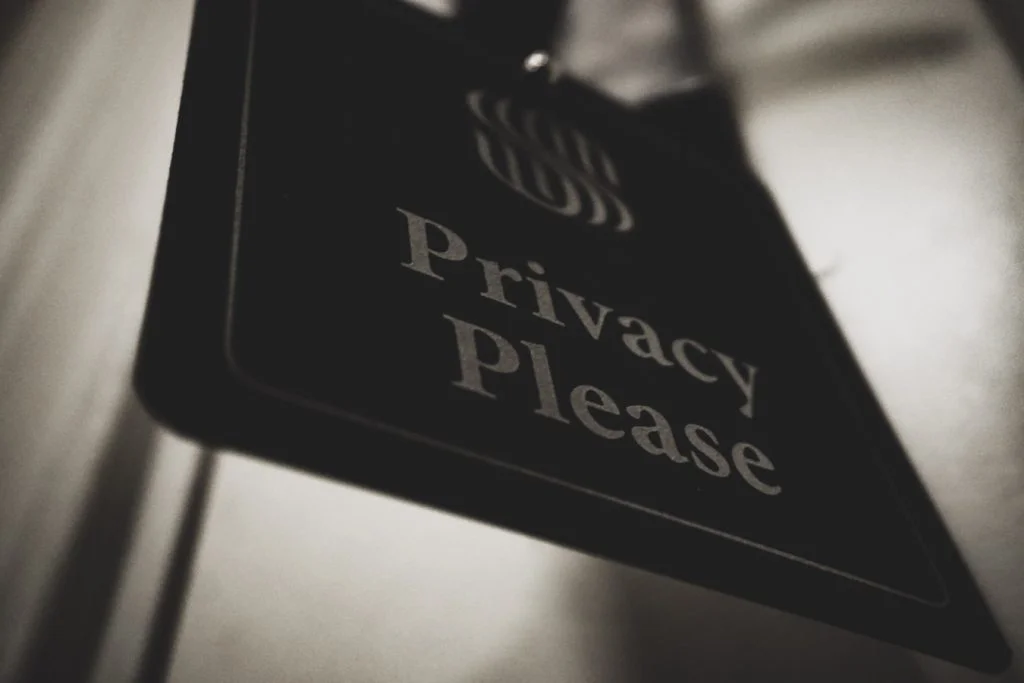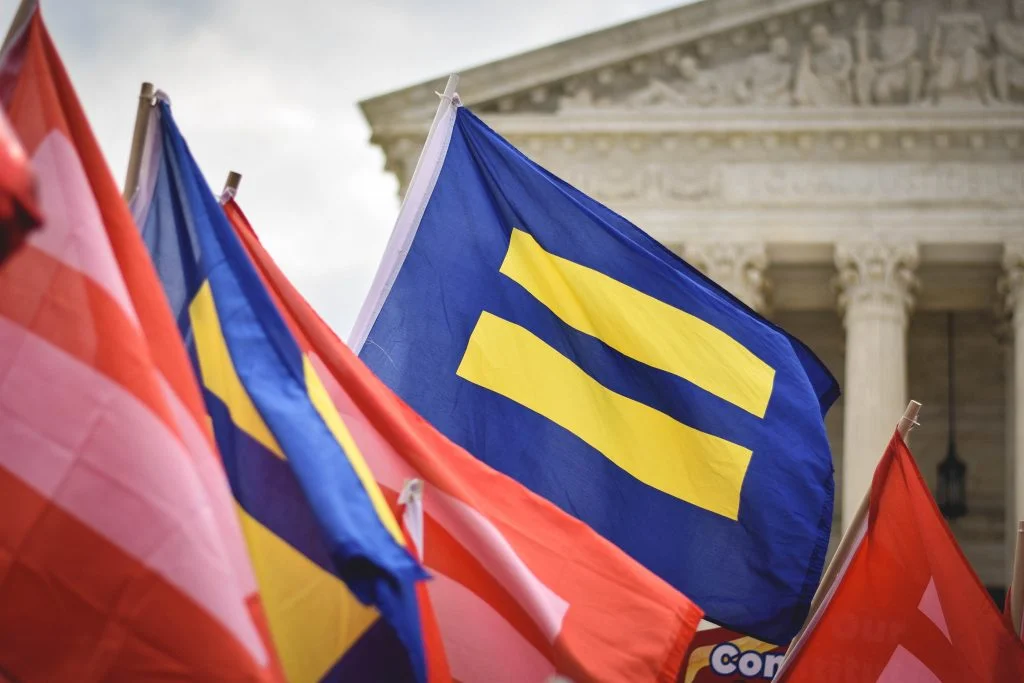A Reasonable Expectation of Privacy: The Application of R v. Jarvis to the Employment Context
The recent Supreme Court of Canada decision in R v. Jarvis addressed the circumstances that give rise to a reasonable expectation of privacy. While the case directly considered whether certain recordings violated the Criminal Code, the Court’s broad analysis of when a reasonable expectation of privacy exists applies outside the criminal context, with relevance to employers.
The Decision
In Jarvis, the accused was a high school teacher who used a hidden camera to record female students at his school without their knowledge while they were engaged in ordinary school activities in common areas. The recordings specifically focused on the faces, upper bodies and chests of the students. The Court unanimously agreed that the surreptitious recordings violated the voyeurism provision under the Criminal Code and that the students had a reasonable expectation of privacy in the circumstances. Further, the majority articulated a broad approach to privacy violations, based on the underlying concept that “Privacy, as ordinarily understood, is not an all-or-nothing concept”, meaning that being in a public or semi-public space does not automatically negate all expectations of privacy with respect to observation or recording. The Court outlined the following non-exhaustive list of factors in determining whether a person who was observed or recorded had a reasonable expectation of privacy:
The location the individual was in when observed or recorded (i.e. a public, semi-public or private space)
The nature of the impugned conduct, meaning whether the individual was observed or, more intrusively, recorded
The individual’s awareness of/consent to potential observation or recording
The manner in which the observation or recording was done (i.e. whether it was sustained, whether technology was used, etc.)
The subject matter/content of the observation or recording
Rules, regulations or policies governing the specific type of observation or recording
The relationship between the individual who was observed or recorded and the individual who did the observing or recording (i.e. whether there exists trust relationships or power imbalances)
The purpose for which the observation or recording was done
The personal attributes of the individual who was observed or recorded (i.e. whether the individual was a minor)
Privacy Concerns in the Workplace
The Personal Information and Protection of Electronic Documents Act (“PIPEDA”) governs privacy in the private sector in Ontario and helps inform the reasonable expectation of privacy regarding electronic documents and employee information in the workplace. PIPEDA is federal legislation that governs all federally regulated businesses in Canada, and generally applies to provincially regulated businesses in Ontario, because there is no analogous provincial legislation in Ontario. Broadly speaking, PIPEDA mandates a number of best practices for employers to adopt with regards to managing employees’ personal information, such as making clear to employees what personal information is collected and why; collecting, using and disclosing employees’ personal information only with their knowledge and consent; using or disclosing personal information only for the purposes for which it was collected; and allowing employees to access their own personal information.
There a number of privacy concerns in the workplace that PIPEDA does not address, particularly those regarding non-electronic information and the general right to privacy about interactions and behaviour. The rules regarding these other privacy concerns arise from the common law and arbitral jurisprudence as well as employer policies. These include, but are by no means limited to:
the tort of intrusion upon seclusion, which prevents reckless intrusion into the private affairs of another individual;
the tort of prohibition on the public disclosure of private facts;
common law and arbitral rules about employee surveillance and monitoring; and
policies regarding access to employee records; review of medical information; and technology and equipment use.
Even with all of these different sources of privacy rules, there are still gaps in our understanding of privacy rights in the workplace, particularly as it relates to new technology. Given these gaps, employers must ensure that they pay attention to common law developments including in criminal cases, such as Jarvis,that will help them to anticipate trends and best practices in handling workplace privacy issues.
PH Takeaways
The principles underlying the reasonable expectation of privacy apply outside the criminal context. There are several circumstances where information is observed and recorded that does not amount to criminal conduct, but nevertheless engages privacy rights. Employers must consider how the principles underlying the reasonable expectation of privacy ought to govern their own practices with regards to employee surveillance or retention of employees’ personal information. For example, in the context of workplace surveillance, employers must consider whether the means of observing and recording employees inappropriately infringes on employees’ reasonable expectation of privacy. As the Court made clear, being in a semi-public space such as a workplace does not negate all expectations of privacy with respect to observing and recording.
Employers should consider these principles in crafting appropriate discipline for employees that engage in privacy violations. In this case, the Court determined that the employee’s actions amounted to criminal conduct. While not all privacy breaches will rise to the level of criminal conduct, such as inappropriately viewing personnel records or disclosing employees’ personal information, employers should keep these same principles in mind when determining whether an employee’s actions warrants discipline, and if so, how severe that discipline ought to be.
Expect future case law to provide further insight on the applicability of these principles in the employment context. With technological developments that engage new privacy concerns, the law of privacy in Canada is constantly changing. Employers should consider this case as the starting point, rather than the end point, for fleshing out the reasonable expectation of privacy in Canada. Going forward, judges and arbitrators will add further analysis and points to consider, particularly in the employment context. Employers should pay close attention to any further changes to privacy law in Canada that directly or indirectly impact employment relationships.
[1] There is other legislation related to the protection of personal information that may impact employees. In Ontario, thePersonal Health Information Protection Act(PHIPA) governs the collection, use and disclosure of personal health information, and theMunicipal Freedom of Information and Protection of Privacy Act(MFIPPA) requires municipal bodies to protect the privacy of an individual’s personal information in existing government records. Federally, thePrivacy Actgoverns how federal government institutions must protect the personal information of individuals.
This blog was written by Chetan Muram, who is no longer with Piccolo Heath LLP.






